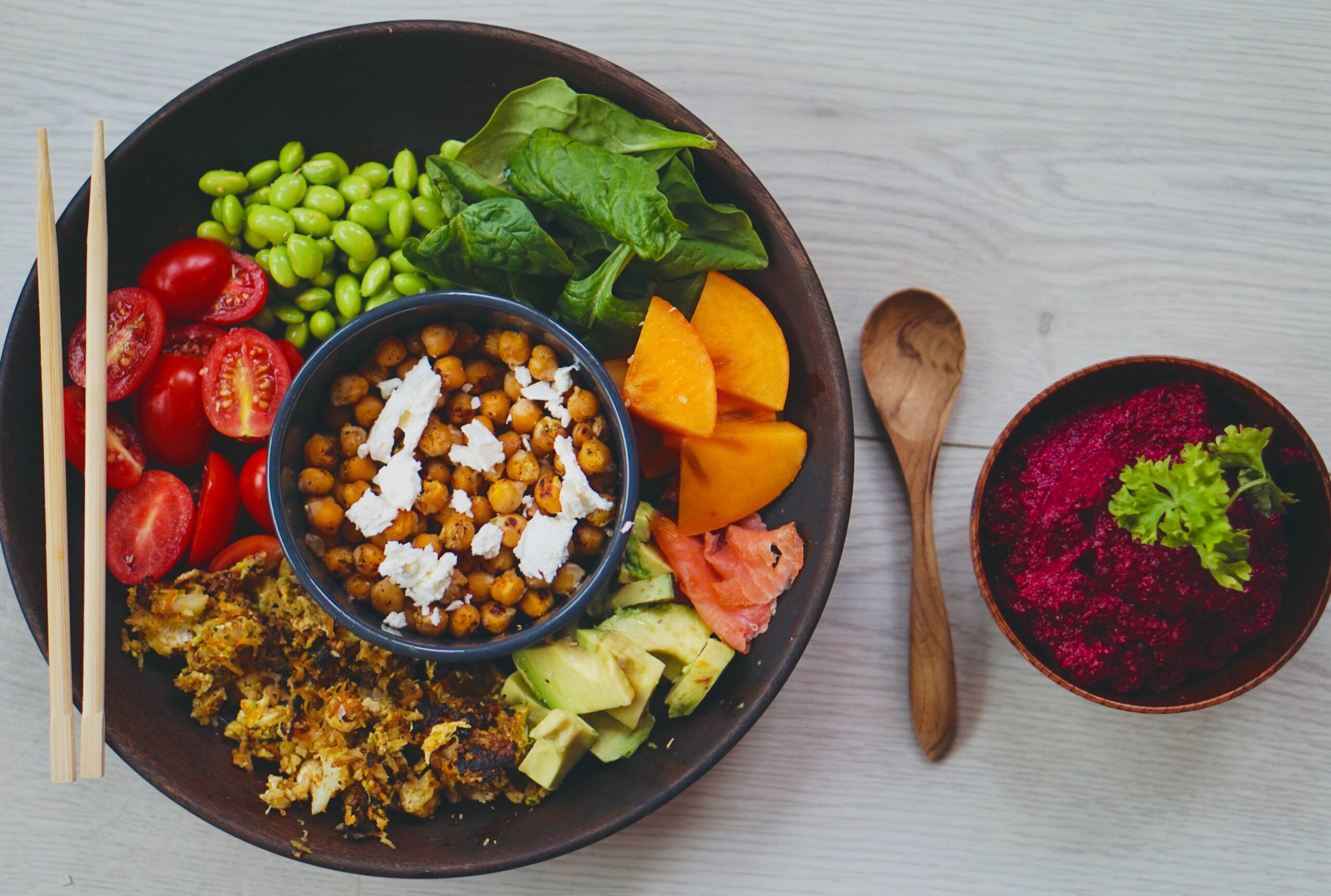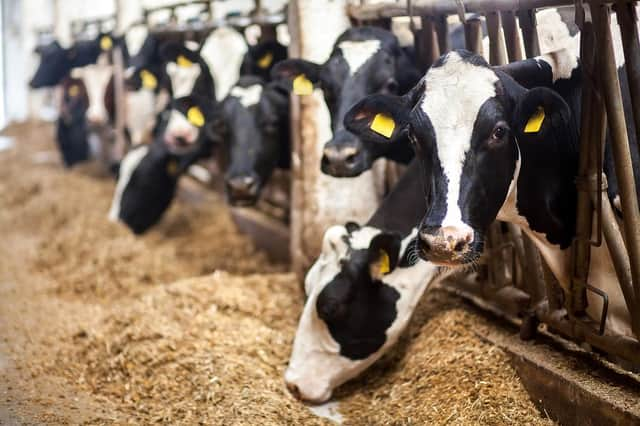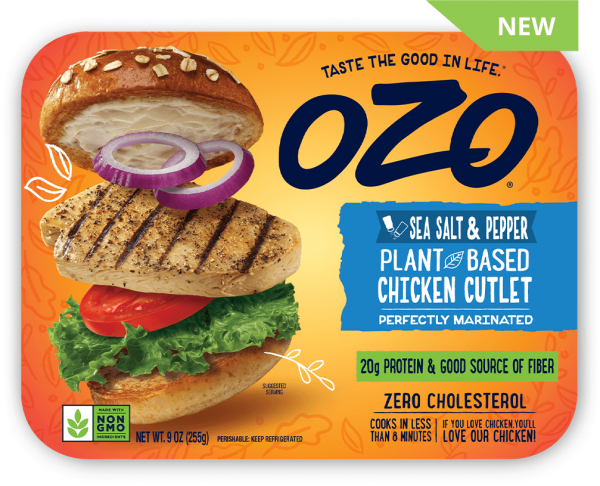The concept of plant-based food as a substitute for meat is gaining steam. The reason is not that
According to research, in the past, plant-based meat alternatives were relatively straightforward. Most were made from whole ingredients like beans or grains and did not taste anything like actual meat. However, the new generation of these products includes meat substitutes, made to look and taste like the real thing. Now one can find plant-based burgers, ground “beef,” deli slices, meatballs, sausages, seafood, and more at the grocery store.
However, there need to be more choices beyond plant-based burgers, sausages, and mince, so there are efforts afoot for additional food products, especially the need for variety in meat-free steaks and chicken breasts.
vegans are taking over your menu, but because of the need to find new methods to improve food security and reduce its impact on climate change. Naturally, there are issues with such an industrial move.
The COVID-19 pandemic has been a driver in pushing for greater food security through plant-based substitutes. As people commit to a healthier lifestyle, they are changing their diets to include plant-based options. Thus, some are asserting that these are more than a paradigm shift.
Plant-based food production is moving beyond the fad stage to become a part of dietary choices in Western countries. The US and Europe are seeing a surge in this market. The geostrategic implications are important as the West transforms the way it addresses the key threats to societal security.

It is important to remember that livestock is the third-biggest contributor to greenhouse gas emissions and water use, so reducing its impact on the climate is key. Investment in plant-based alternatives to meat leads to far greater cuts in climate-heating emissions than other green investments, according to a report published by Boston Consulting Group last week. That is an important finding that needs to be put into policy practice.
The report found that, for each dollar, investment in improving and scaling up the production of meat and dairy alternatives resulted in three times more greenhouse gas reductions compared with investment in green cement technology, seven times more than green buildings, and 11 times more than zero-emission cars.
Interestingly, meat and dairy production uses 83 percent of farmland and causes 60 percent of agriculture’s greenhouse gas emissions, but provides only 18 percent of calories and 37 percent of protein in a daily diet. Moving human diets from meat to plants means less forest is destroyed for pasture and fodder growing, plus fewer emissions of the potent greenhouse gas methane that is produced by cattle and sheep.
Scientists are finding that shifting away from meat and dairy products is the single biggest way to reduce the industry’s environmental impact. Food security concerns will rise in both the short and long term, meaning an increasing reliance on plant-based options.
As already mentioned, only 18 percent of calories come from livestock, but 80 percent of agricultural land is used for farm animals. In some markets, 80 percent of grain is fed to livestock. These resources can be diverted away from livestock farming if consumption patterns change. Europe and North America are expected to reach “peak meat” by 2025, at which point the consumption of conventional meat will start to fall. By 2040, most food will not come from slaughtered animals.
Politically, the introduction of more plant-based food products has its detractors. These individuals are increasingly feeling that their freedoms — and their lifestyles and businesses — are being trampled on. In the UK at the beginning of the year, a butcher shop put up a sign ridiculing vegans, saying “Every day, thousands of innocent plants are killed.” This was in response to the increasingly popular “Veganuary,” the 31-day pledge people are taking to go vegan every January. The tensions between these two communities have already brought about scuffling and arson.

There is also a growing political clash over the labeling of plant-based products over industry standards and requirements. There have been lawsuits in the US states of Arkansas, Mississippi, Oklahoma, Texas, and Wisconsin, as well as in Australia and the EU. Meat companies fear that people are going to confuse vegan food for real meat, which would affect their sales. Plant-based meat is getting more and more realistic and meat companies are feeling the effects.
Because of the climate change requirements tied to food security, meat is not sustainable and plant-based companies are taking on the agriculture industry and winning the battle. Violence is likely to rise as the shift to plant-based foods gains momentum. We are now seeing strikes by farmers across Western Europe as climate change legislation takes effect. Older professions tied to meat, from farm to factory, will see huge changes.
Overall, plant-based options are an important part of a growing international requirement to consider the future of food security and climate change. Their introduction is also an important part of the Fourth Industrial Revolution, where the technology to boost plant-based options can be integrated into future eating. Importantly, the creation of such options in the Global South is going to be significant because of growing populations and reduced food availability.








